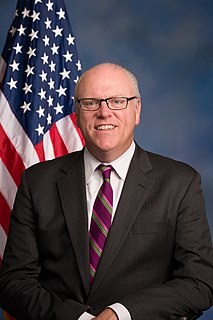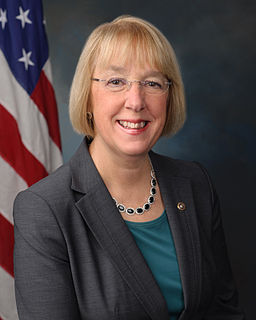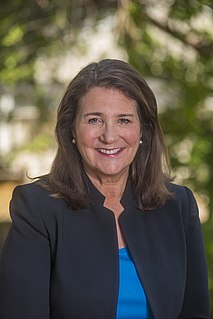A Quote by Marion Nestle
Food safety oversight is largely, but not exclusively, divided between two agencies, the FDA and the USDA. The USDA mostly oversees meat and poultry; the FDA mostly handles everything else, including pet food and animal feed. Although this division of responsibility means that the FDA is responsible for 80% of the food supply, it only gets 20% of the federal budget for this purpose. In contrast, the USDA gets 80% of the budget for 20% of the foods. This uneven distribution is the result of a little history and a lot of politics.
Quote Topics
Agencies
Although
Animal
Between
Budget
Contrast
Distribution
Divided
Division
Else
Everything
Everything Else
Fda
Federal
Feed
Food
Food Safety
Food Supply
Foods
Gets
History
Including
Largely
Little
Lot
Means
Meat
Mostly
Only
Oversight
Pet
Pet Food
Politics
Poultry
Purpose
Responsibility
Responsible
Result
Safety
Supply
Two
Uneven
Related Quotes
To speak only of food inspections: the United States currently imports 80% of its seafood, 32% of its fruits and nuts, 13% of its vegetables, and 10% of its meats. In 2007, these foods arrived in 25,000 shipments a day from about 100 countries. The FDA was able to inspect about 1% of these shipments, down from 8% in 1992. In contrast, the USDA is able to inspect 16% of the foods under its purview. By one assessment, the FDA has become so short-staffed that it would take the agency 1,900 years to inspect every foreign plant that exports food to the United States.
When the FDA forces an old drug off the market, patients have very little say in the matter. Patients have even less of a say when the FDA chooses not to approve a new drug. Instead, we are supposed to rely on the FDA's judgment and be grateful. But can the FDA really make a choice that is appropriate for everyone? Of course not.
FDA, which regulates the safety of vegetables, doesn't have those kinds of rules because Congress doesn't want it to. It's not that the vegetables themselves have anything wrong with them; it's that they're contaminated with animal manure. One of the rationales for a single food safety agency is that you can't separate animals from vegetables.
It's very different doing a food show in America and doing one in Britain. I did a 20-part series for the BBC series called 'Eating With the Enemy.' The budget for all 20 episodes was probably the budget for a single episode of 'Top Chef.' It's the difference between making a home movie in your backyard and going to Hollywood.
There are good intentions behind many people's conversion to veganism, including an admirable devotion to the well-being of animals and a justified skepticism about the crap the USDA allows manufacturers to put in our food. But it's hard to ignore the often sanctimonious nature of what some nutritionists view as an 'extremist' way of eating.
There are good intentions behind many peoples conversion to veganism, including an admirable devotion to the well-being of animals and a justified skepticism about the crap the USDA allows manufacturers to put in our food. But its hard to ignore the often sanctimonious nature of what some nutritionists view as an extremist way of eating.































